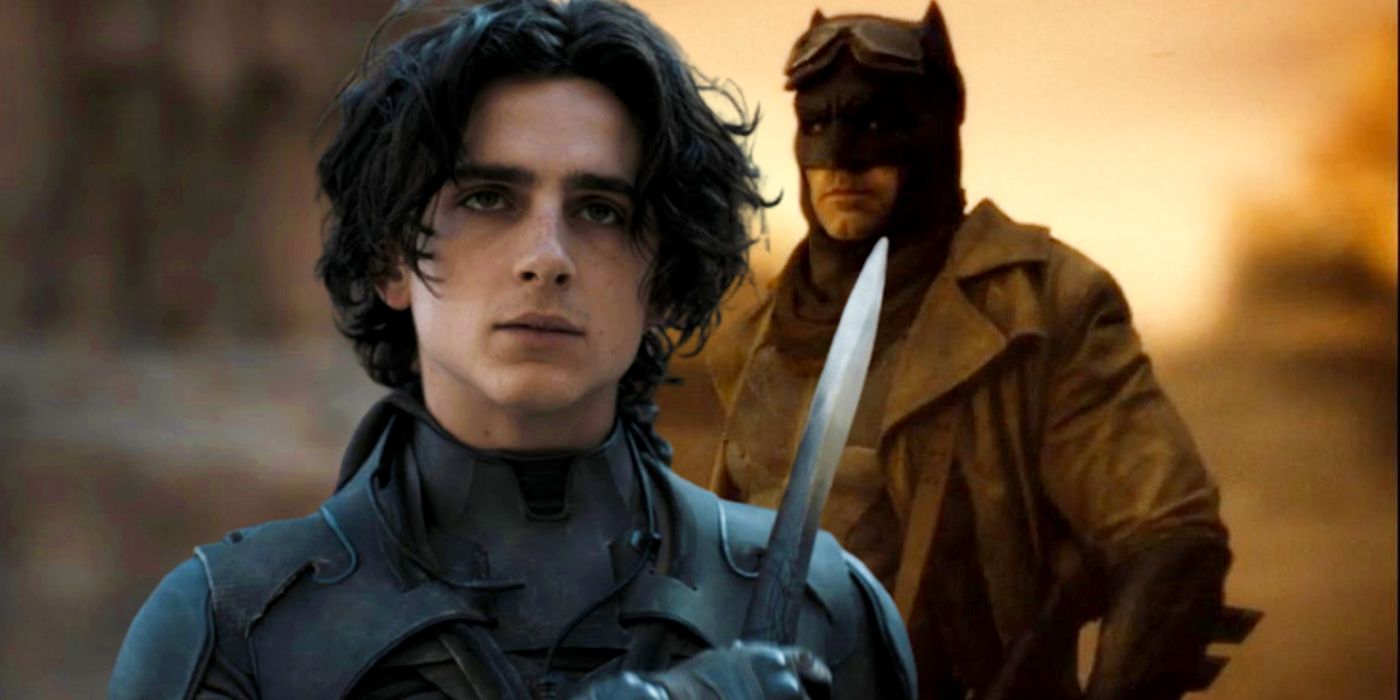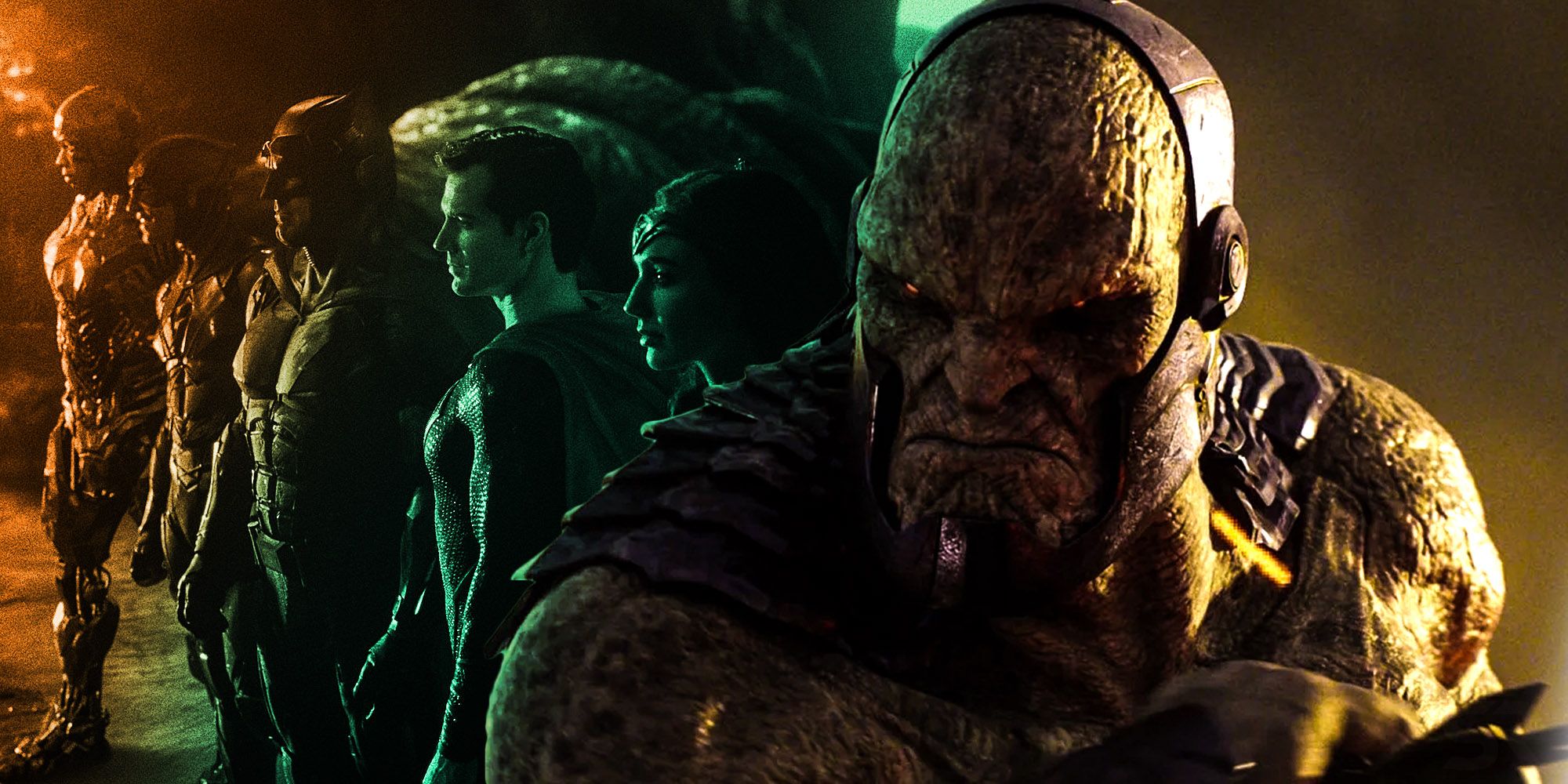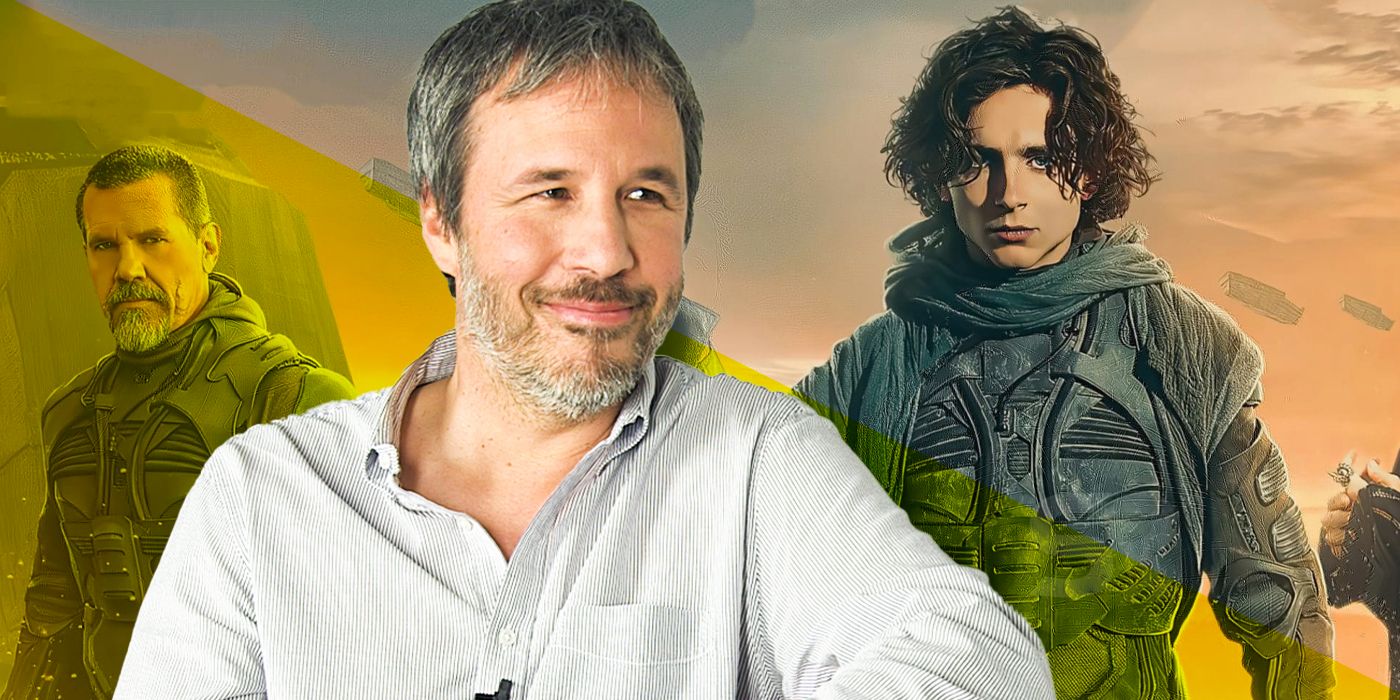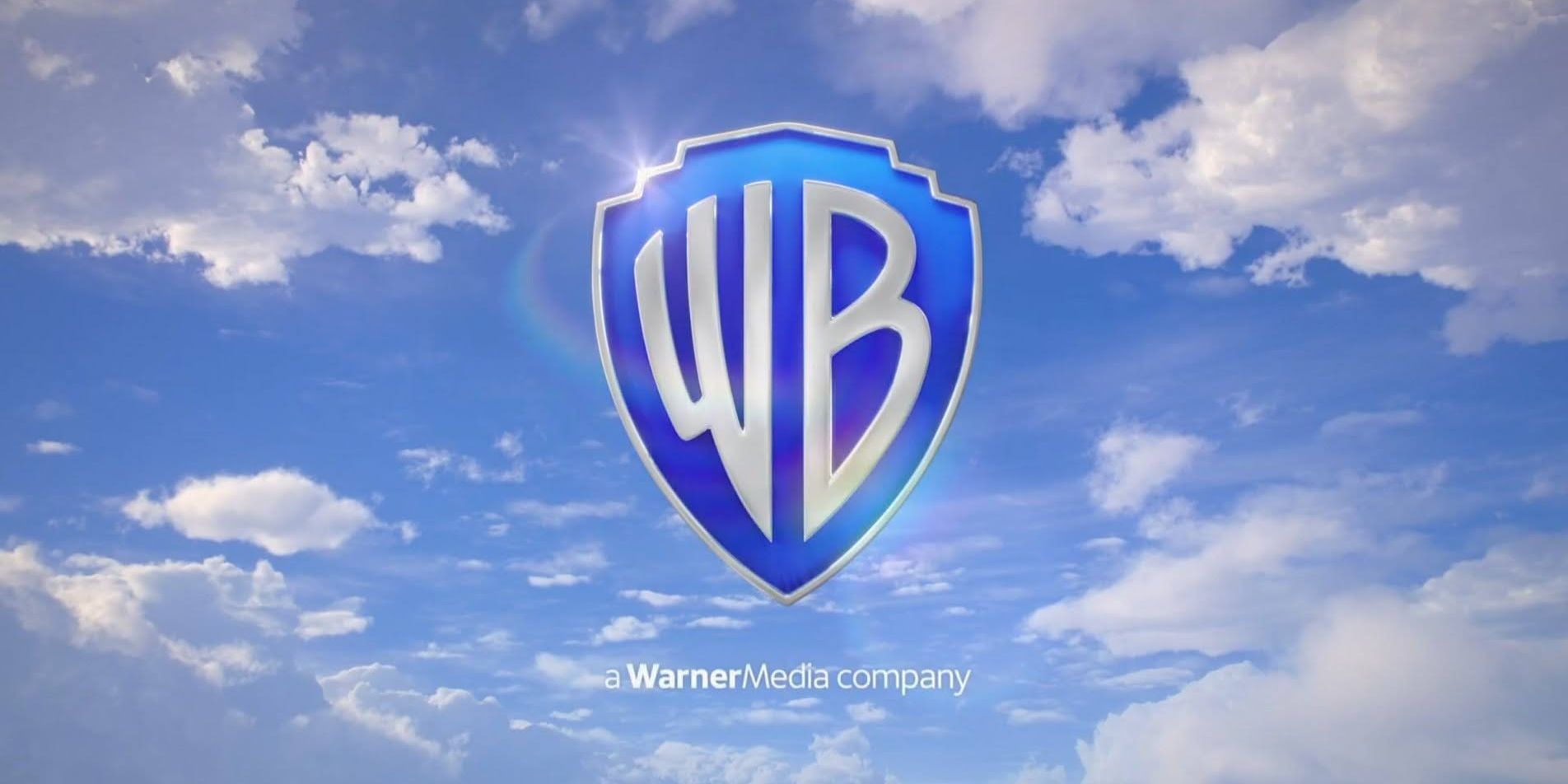UPDATE: Dune 2 has officially been announced.
The handling of Dune and its necessary sequel shows Warner Bros. failed to learn its lesson from Justice League and their original DCEU plans with Zack Snyder. Despite the fallout of Snyder's departure from the DC franchise, the studio handed another epic, bug budget sci-fi project to an auteur director without fully committing to the creative vision.
After Man of Steel, Warner Bros. announced a slate of director-driven DCEU projects surrounding Zack Snyder's planned Justice League arc, seemingly committing to Snyder's vision for the DC universe, but after a rocky start, the Snyderverse was abandoned, leaving the future of the DCEU in the lurch. While there was a specific plan in place for a grand culmination of Snyder's 5-part Justice League story, including a number of spin-offs from other directors, Warner Bros. says there's no plans to see this original plan to completion, meaning the story set up by the original slate of DCEU films will never be fully realized.
While WB gave auteur director Denis Villeneuve $165 million to adapt the first half of the epic sci-fi novel Dune, the studio decided not to approve the sequel until after they could see how the initial installment, only half the story, performed at the box office. This continues WB's history of embarking on big director-driven projects without fully committing to the vision, an approach that is virtually guaranteed to ensure the resulting product will be less than its original conception, even if a Dune sequel still happens.
WB's Failed Director-Driven DCEU Plan
After the success of Christopher Nolan's The Dark Knight trilogy, Warner Bros. had Nolan develop a modern adaptation for Superman, and Nolan selected Zack Snyder as the director due to his approach with his adaptation of Watchmen. Man of Steel became the highest-grossing Superman movie, so Warner Bros. had Snyder develop a larger DCEU plan, which became Snyder's 5-part Justice League saga. The story would center on Superman but would bring in the rest of the Justice League members, and a full slate of movies was planned, including Wonder Woman, Suicide Squad, Aquaman, The Flash, Cyborg, Green Lantern Corps., and a solo Batman movie. Warner Bros.'original DCEU plan was to follow the model established by Nolan with The Dark Knight trilogy and Man of Steel by bringing in directors with distinct styles to head each project, including David Ayer, Patty Jenkins, Rick Famuyiwa, James Wan, and Ben Affleck.
Batman v Superman: Dawn of Justice and Suicide Squad were among 2016's top-grossing movies, but their polarizing reviews resulted in notoriously low Rotten Tomatoes scores, resulting in Warners taking drastic action to change plans for the rest of the franchise. The changes immediately impacted Justice League the most even though it was already in production, resulting in conflict with Snyder that eventually resulted in him exiting the project following a family tragedy, allowing WB to bring in Joss Whedon to drastically reshape the project in reshoots, abandoning most of the sequel set-up and erasing as much of Snyder's distinctive style as possible. The fallout impacted almost all the remaining movies in the slate. Aquaman was already in production, but both Famuyiwa and Affleck left their respective movies. Versions of The Flash and The Batman are coming out next year, but both are drastically different versions than originally planned (and The Batman isn't even part of DCEU canon)
Snyder's plan was very clearly leading to a big culmination, with Batman v Superman: Dawn of Justice teasing a post-apocalyptic "Knightmare" future that had been conquered by Superman who was under the control of DC ultra-baddie, Darkseid. Snyder would eventually get the chance to release his intended version of the movie, the 4-hour long Zack Snyder's Justice League, spurring excitement for what would have been, but with no plans for Snyder to return and the current slate servicing a different plan, Warner Bros. seems content to leave this epic set-up forever unresolved.
The odd part is Warner Bros.' biggest successes with DC movies have always come from the bold visions of distinct directors like Richard Donner, Tim Burton, Christopher Nolan, and even Zack Snyder, while attempts to make more broadly appealing crowd-pleasers didn't work, like Batman & Robin, Superman Returns, and Green Lantern. As if to double down on the point, Snyder's Watchmen, Batman v Superman, and Justice League saw significant changes for their theatrical releases, only for Snyder's director's cuts to be nearly universally regarded as the superior product. Despite the problems caused by their decision to abandon the original DCEU plans, Warner Bros. didn't learn their lesson and made similar decisions with Villeneuve's Dune.
Warner Bros. Repeated Their DCEU Mistakes With Dune
Denis Villeneuve's Blade Runner 2049 was lauded by critics, but bombed at the box office, bringing in less than $260 million from a $150 million budget, failing to hit the typical twice-budget break-even point. Blade Runner 2049 was Villeneuve's highest-grossing movie, despite its box office failure, but his ability to adapt stunning high-concept sci-fi convinced Warner Bros. to hand him the reins to Dune, although they didn't opt to film it back-to-back with a sequel, or even greenlight a sequel at all, despite knowing Villeneuve was only adapting half the book in the first movie.
While WB's caution is understandable due to Villeneuve's box office history, the willingness to begin work on the $165 Dune part 1 without committing to part 2 upfront immediately shortchanges the franchise's potential. Under this strategy, the absolute best-case scenario was Villeneuve produces a monster hit with an incomplete story and WB has to start the sequel from scratch and can't capitalize on Dune's performance for three years. In addition to the time delay, they also miss out on the massive cost savings of shooting back-to-back, reducing the overall profitability of both movies. The worst-case scenario would be the movie flops and the whole thing looks like a massive, ill-conceived blunder on the part of WB, who would have a massive bomb on their hands after entrusting a big-budget sci-fi epic to an auteur director whose last big-budget sci-fi epic also flopped. While Villeneuve and WB escaped harsh criticism for Blade Runner 2049 due to the movie's quality, that likely wouldn't be the case if Dune flopped, since the movie is only half the story of the Dune book, and adapting it would likely burn a chance for another director to take a swing at the property in the near future.
Meanwhile, committing to the whole vision up-front would have been better all-around, even if WB's concerns came true and Dune flopped. The cost-savings of back-to-back production would at least partially offset box office losses, audiences wouldn't be deprived of the second half of the story, and there's always the chance the sequel could be a bigger hit, salvaging the hypothetical losses from part 1. Like with Blade Runner 2049, the quality of the film would offset a lot of the criticism over the box office losses.
Dune had a solid box office opening and seems to have fair chances of getting a sequel, but it won't be soon enough for audiences hungry for a sequel and may see a reduced budget, ironically missing out on the cost savings that could have accompanied a back-to-back sequel production. If Warner Bros. was willing to take the risk of the first installment, why not commit to the whole vision?
Warner Bros. Needs To Follow Through On Director Driven Visions
Warner Bros. has a history of being a studio that takes big swings on grand director visions, but changes in leadership in recent years, such as the departure of former Warner Bros. Pictures Group president Jeff Robinov (who brought iconic directors like Nolan, Affleck, Snyder, the Wachowskis, and others to the studio) has seen a rise in situations like Justice League and Dune. As if to punctuate the severity of the decline, Nolan decided to make his next movie at Universal after working with Warner Bros. exclusively for nearly 20 years.
The problem isn't that the days of bold director-driven projects are in the rearview mirror at Warner Bros., those still exist, there's even a new Matrix movie coming out December, but there is a concerning pattern of self-sabotage of big projects brought on by a lack of trust in their directors. Situations like Justice League and Dune make the studio's decision-making suspect and erode consumer confidence in their projects, particularly for big IP adaptations.
The whole thing is also incredibly short-sighted. It's common for a franchise to overcome early stumbles only for those movies to be well regarded after the franchise finds its footing. The Marvel Cinematic Universe had several films in Phase 1 that were considered underwhelming at the time and Fast and Furious powered through several films with a mediocre reception to become one of the biggest franchises in film. Even films like the original Blade Runner got poor reviews and underperformed at the box office and are now considered required viewing. In the case of the DCEU, Warner Bros. was scared away from Zack Snyder's plan because of reviews for Batman v Superman: Dawn of Justice, but that movie was so impactful in the zeitgeist that WB's attempts to pivot away from Snyder couldn't outpace their momentum, and they eventually had to cave to demands for the Snyder Cut when simply committing to the plan and finishing the plan they started would have seen Zack Snyder's arc completed by now, allowing them to start fresh without having to deal with the unending reminders of the incomplete Snyderverse.
Fortunately, Dune is well received and performing well at the box office, which bodes well for sequel potential, but the lost time, momentum, and wasted money will ultimately hold back the complete vision from what it could have been if they'd produced the movies back-to-back. If WB wants to retain (or regain) its reputation for being the studio that produces this kind of movie, they need to gain some confidence and stop with the half measures and deliver on the director visions they sell to audiences.




